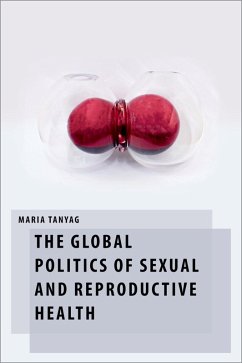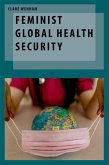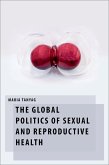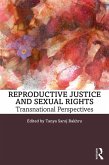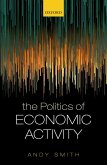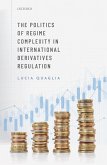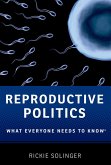This book examines everyday inequalities in sexual and reproductive health and rights (SRHR), and the failure to address them in crisis settings from a feminist international relations (IR) perspective. It seeks to address the puzzle of why inequalities and barriers to SRHR continue to exist within a wider political context where the importance of gender equality has never been more accepted, and women are represented as central to major global agendas. In the increasingly crisis-prone world we live in today, the neglect of health and particularly women's health and well-being, seems counter-intuitive. The significance of SRHR for global peace and security is often hidden or underexamined. The unique contribution of this book is therefore to show that restrictions to sexual and reproductive health can be traced back to macro-level processes such as how states and the international community allocate resources during crises and in peacetime. Drawing on a richer definition of bodily autonomy, it employs a nested and multi-scalar approach to trace the compounding of restrictions to SRHR with crisis-specific risks and violence from the household, community, state and global levels. Its central argument is that restrictions to SRHR are not incidental but rather integral to the reproduction of a neoliberal logic of depletion. Bodily autonomy is recognised not as a collateral issue where patriarchal bargains need to be made in order to advance feminism in global agendas. But rather as its cornerstone which ties together all sites, forms and temporalities of gender equality together. This book includes new empirical evidence drawn from primary field research in the Philippines and analysis of wide-ranging secondary sources across conflict and disaster settings.
Dieser Download kann aus rechtlichen Gründen nur mit Rechnungsadresse in A, B, BG, CY, CZ, D, DK, EW, E, FIN, F, GR, HR, H, IRL, I, LT, L, LR, M, NL, PL, P, R, S, SLO, SK ausgeliefert werden.

